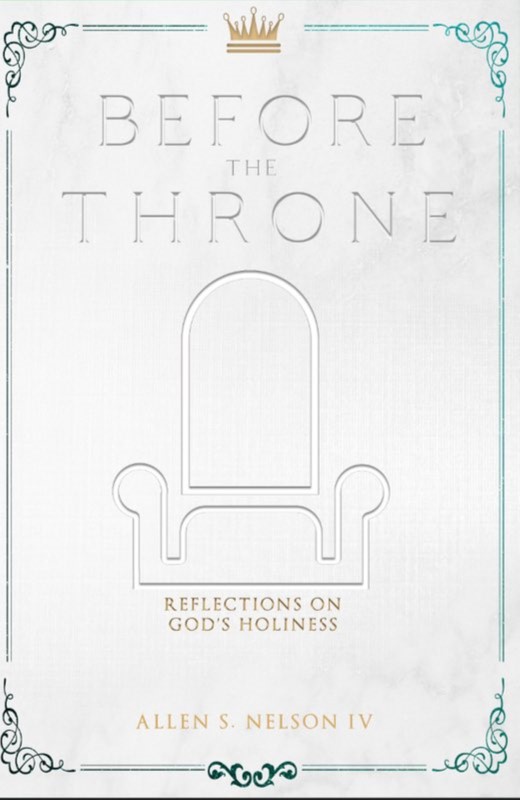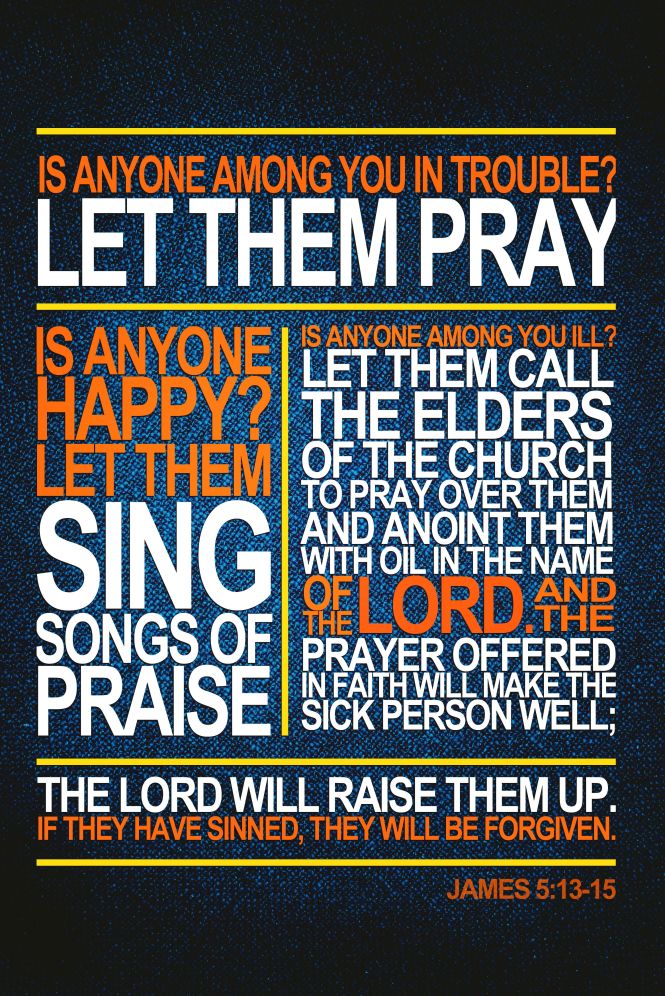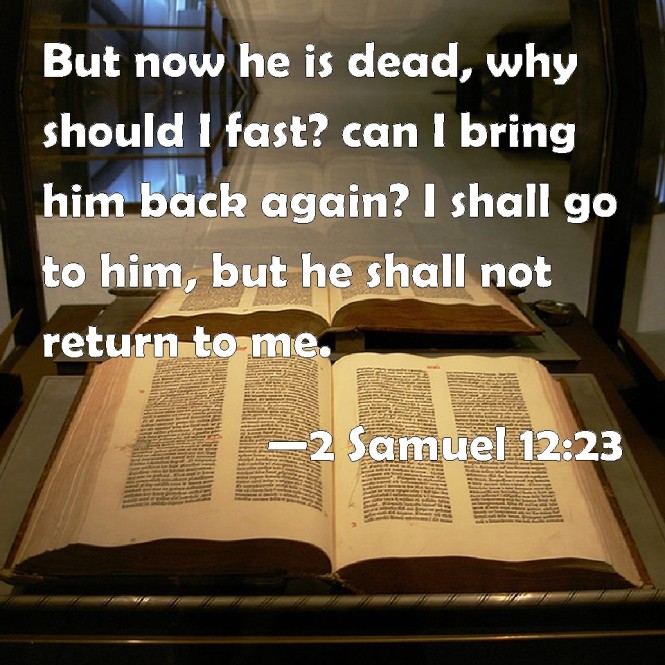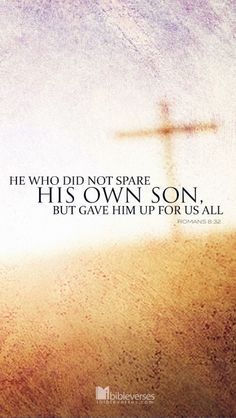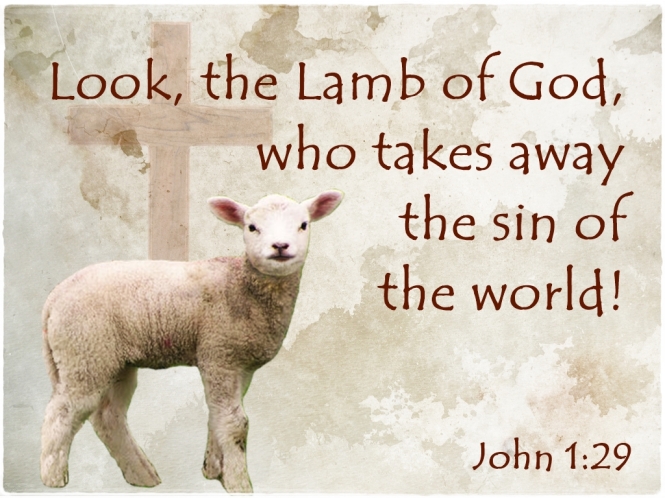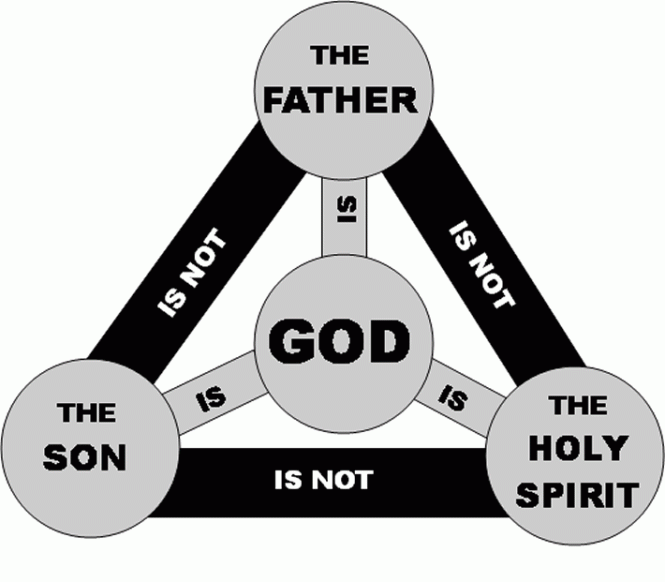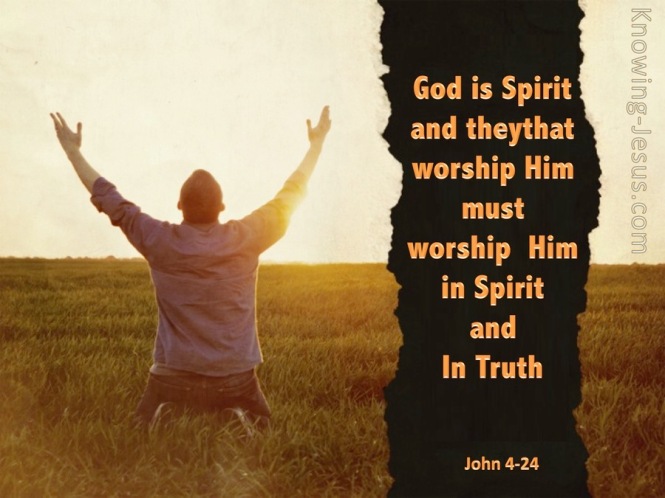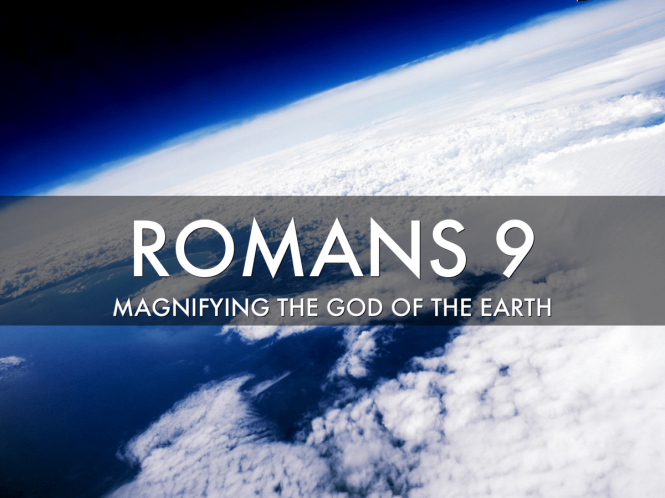
I am telling the truth in Christ, I am not lying, my conscience testifies with me in the Holy Spirit, that I have great sorrow and unceasing grief in my heart. For I could wish that I myself were accursed, separated from Christ for the sake of my brethren, my kinsmen according to the flesh,[vss 1-3]
Here we see a plea from Paul much like Moses’ was in Exodus 32. It shows the love he had for his fellow Israelites. Notice though, he said he ‘could’ wish this, but he knew that was not possible. Yet, it shows he did love them, even if they wanted to kill him for his Christian beliefs.
who are Israelites, to whom belongs the adoption as sons, and the glory and the covenants and the giving of the Law and the temple service and the promises, whose are the fathers, and from whom is the Christ according to the flesh, who is over all, God blessed forever. Amen.[vss 4-5]
Here, Paul picks back up on the thought from chapter 3 where he wrote, Then what advantage has the Jew? Or what is the benefit of circumcision? Great in every respect. First of all, that they were entrusted with the oracles of God.[vss 1-2] The Jews were the only ones God had entrusted with His word. Only they had been adopted(though there were a smattering of Gentiles who became proselyte Jews such as Ruth and Rahab for instance), only they had been given the Law, only they had a high priest who interceded for them before God, only they had been given a temple where God would come in and fill it with His presence. The other Gentile ppl such as the Egyptians, Assyrians, Syrians, Philistines, Jebusites, Moabites, &c., were never given a sacrificial system to atone for their sins, neither were they given a high priest to intercede for them before God. They were justly left to themselves. And by this happening, we can see they committed idolatry by worshipping other gods. And it was through these ppl, the Christ came in the flesh, namely through Judah, the Son Jacob.
But it is not as though the word of God has failed. For they are not all Israel who are descended from Israel; nor are they all children because they are Abraham’s descendants, but: “THROUGH ISAAC YOURDESCENDANTS WILL BE NAMED.” That is, it is not the children of the flesh who are children of God, but the children of the promise are regarded as descendants.[vss 6-8]
Here we see where Paul tells us who the true Jews are. At the time the Christ came in the flesh, they thought being born of the lineage of Abraham, whom they considered their father, was all that was needed. Paul back in Romans 2:28,29 tells us who the true Jews are, For he is not a Jew who is one outwardly, nor is circumcision that which is outward in the flesh. But he is a Jew who is one inwardly; and circumcision is that which is of the heart, by the Spirit, not by the letter; and his praise is not from men, but from God. The true Jews are both believing Jews and Gentiles who have undergone the circumcision of their hearts, not the circumcision of their foreskins, that took place on the eight day after their birth. This was foretold of in Ezekiel 36. Paul tells us the Godly line goes through Isaac and his descendants. Every blessing that God promised Abraham back in Genesis 12 we have today. Paul even speaks of this in Galatians 3 where he wrote Even so Abraham BELIEVED GOD, AND IT WAS RECKONED TO HIM AS RIGHTEOUSNESS. Therefore, be sure that it is those who are of faith who are sons of Abraham. The Scripture, foreseeing that God would justify the Gentiles by faith, preached the gospel beforehand to Abraham, saying, “ALL THE NATIONS WILL BE BLESSED IN YOU.” So then those who are of faith are blessed with Abraham, the believer. [vss 6-9] Every believer has the same promises God gave Abraham in Genesis 12, and are of the very same faith. This encompasses both believing Jews and Gentiles.
And not only this, but there was Rebekah also, when she had conceived twins by one man, our father Isaac; for though the twins were not yet born and had not done anything good or bad, so that God’s purpose according to His choice would stand, not because of works but because of Him who calls, it was said to her, “THE OLDER WILL SERVE THE YOUNGER.” Just as it is written, “JACOB I LOVED, BUT ESAU I HATED.”[vss 10-13]
Again, Paul is showing us the Godly line and how it flows. The promises came from Abraham, Isaac, and Jacob, not Abraham, Ishmael, and Esau. Before Jacob and Esau had done ANYTHING, whether it be good or bad, we see God’s sovereign choice in full display in vs 11. God choosing His elect ppl was not based on anything within them; it wasn’t because they were less wicked, had hearts not quite as hard as those He justly left in their already condemned state, but He chose them based upon Himself. There was nothing in me or any other saved person that was missing in the non-elect. There was nothing in His elect that attracted God’s favor. There was nothing in Noah and the other seven that was missing in the rest God justly destroyed in the flood. We are told that Noah found favor in God’s sight. This favor is grace, which is unmerited favor. God even tells the Jews in Deuteronomy 7:7-8 why He chose them, “The LORD did not set His love on you nor choose you because you were more in number than any of the peoples, for you were the fewest of all peoples, but because the LORD loved you and kept the oath which He swore to your forefathers, the LORD brought you out by a mighty hand and redeemed you from the house of slavery, from the hand of Pharaoh king of Egypt.” There was nothing special in them that made God choose them. There was nothing special in Noah, Abraham, Isaac, Jacob, David, and so on, that those He justly left in their already condemned state had missing.
What shall we say then? There is no injustice with God, is there? May it never be! For He says to Moses, “I WILL HAVE MERCY ON WHOM I HAVE MERCY, AND I WILL HAVE COMPASSION ON WHOM I HAVE COMPASSION.” So then it does not depend on the man who wills or the man who runs, but on God who has mercy.[vss 14-16]
Notice how Paul writes “there is no injustice with God, is there? May it never be!” right after he wrote “Jacob have I loved, but Esau I hated.” By God choosing some for salvation proves this is not injustice whatsoever. This is grace, this is love, this is mercy in full display. But many scoff at this as if it’s not fair. What would be fair would be for God to consign us all to burn in hell forever. That’s fair. Being fair is getting what we deserve. Yet, many scoff at this and call God unfair, unloving, if He does this. Well, dear reader, Paul is saying under the Spirit’s inspiration, God does do this. As Dr. James White said, “For grace to be grace, it must be free. If God must offer grace, then it’s no longer grace, but an obligation.” God will have compassion and mercy on those He chooses to do this to. It’s not of them, but of Him who has mercy.
For the Scripture says to Pharaoh, “FOR THIS VERY PURPOSE I RAISED YOU UP, TO DEMONSTRATE MY POWER IN YOU, AND THAT MY NAME MIGHT BE PROCLAIMED THROUGHOUT THE WHOLE EARTH.” So then He has mercy on whom He desires, and He hardens whom He desires.[vss 17-18]
Another display of God’s sovereign choice over His creation. God took a fallen creature, raised him up to display His power in Him. God did him no injustice in doing this. He was already a fallen son in Adam, and He did bless him in that he did live a lavish lifestyle. God could have made him a poor man in Egypt, but rather, raised him up to become Pharaoh. Much like He did for Esau. Esau was blessed with wealth and was given a nation, namely, the Edomites. God didn’t have to do this for either of them, but gave them really good earthly lives to live. When the time came for Moses to go to him to demand God’s ppl be set free, God told Moses He would harden Pharaoh’s heart. Why? Because He was going to destroy them, as He was about to wipe them off the earth. And remember, “He hardens whom He desires.”
You will say to me then, “Why does He still find fault? For who resists His will?” On the contrary, who are you, O man, who answers back to God? The thing molded will not say to the molder, “Why did you make me like this,” will it? Or does not the potter have a right over the clay, to make from the same lump one vessel for honorable use and another for common use? What if God, although willing to demonstrate His wrath and to make His power known, endured with much patience vessels of wrath prepared for destruction? And He did so to make known the riches of His glory upon vessels of mercy, which He prepared beforehand for glory, even us, whom He also called, not from among Jews only, but also from among Gentiles.[vss 19-24]
There is an accuser Paul is speaking about in vs 19, which I believe is not a real person, but to prove his point in God’s sovereign choice over who is saved and who is not. He then rebukes this person much like the Christ did when He had given the parable of the workers in the vineyard(Matthew 20) and those who worked all day grumbled that those who came in and worked only one hour received the same pay, one denarius. He said to those who grumbled, “Is it not lawful for me to do what I wish with what is my own? Or is your eye envious because I am generous?”[vs 15] We are His creation, and He has every right to do with us as He pleases. We are not to grumble at His sovereign right to do with His creation as He pleases. This is the thrust of Paul’s argument towards this scoffer. We are the clay and He is the Potter, and He does with us as He pleases, and doesn’t seek to gain our approval.
He then carries on this argument of God’s sovereign choice of salvation and whom He saves and whom He leaves justly condemned. He took the vessels of mercy(the elect) from the very same lump(Adam) the vessels of wrath(non-elect) were in. Again, there was nothing in the vessels of mercy that was missing in the vessels of wrath. That is why salvation is unconditional. If He chose ppl based upon something special in them, then His election is conditional and He is does show favoritism. Yet we know that from Acts 10:34, Romans 2:11, Galatians 2:6, Ephesians 6:9, this shows He doesn’t do this. And these vessels of mercy are called, being both Jews and Gentiles.
As He says also in Hosea,“I WILL CALL THOSE WHO WERE NOT MY PEOPLE, ‘MY PEOPLE,’ AND HER WHO WAS NOT BELOVED, ‘BELOVED.’” “AND IT SHALL BE THAT IN THE PLACE WHERE IT WAS SAID TO THEM, ‘YOU ARE NOT MY PEOPLE,’ THERE THEY SHALL BE CALLED SONS OF THE LIVING GOD.” Isaiah cries out concerning Israel, “THOUGH THE NUMBER OF THE SONS OF ISRAEL BE LIKE THE SAND OF THE SEA, IT IS THE REMNANT THAT WILL BE SAVED; FOR THE LORD WILL EXECUTE HIS WORD ON THE EARTH, THOROUGHLY AND QUICKLY.” And just as Isaiah foretold, “UNLESS THE LORD OF SABAOTH HAD LEFT TO US A POSTERITY, WE WOULD HAVE BECOME LIKE SODOM, AND WOULD HAVE RESEMBLED GOMORRAH.” What shall we say then? That Gentiles, who did not pursue righteousness, attained righteousness, even the righteousness which is by faith; but Israel, pursuing a law of righteousness, did not arrive at that law. Why? Because they did not pursue it by faith, but as though it were by works. They stumbled over the stumbling stone, just as it is written, “BEHOLD, I LAY IN ZION A STONE OF STUMBLING AND A ROCK OF OFFENSE, AND HE WHO BELIEVES IN HIM WILL NOT BE DISAPPOINTED.”[vss 25-33]
To close this rather lengthy blog post, I will just say that this is showing how the Gentiles are being grafted in. He carries this thought over into Romans 11.
I believe I have stated my case, my exegesis of this great chapter, in the way it is to be properly understood. I will leave the judging of this to you, dear reader.

